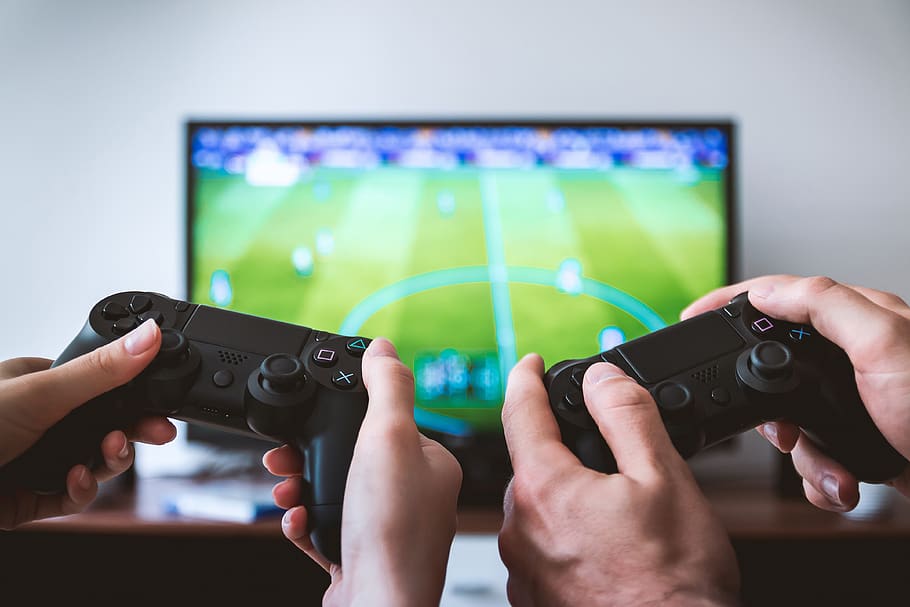A new survey found that 24% of Europeans were first introduced to video games during the coronavirus lockdown. Now that the strict lockdown restrictions have been lifted, the number of hours spent in games has begun to decline.
UK company Ipsos MORI has published a new study of the European gaming market, which compares engagement levels during and after the lockdown. The survey involved 3,000 people from the UK, Germany, Italy, France and Spain.
Key findings
- during the lockdown, people began to spend an average of 1.5 hours per week playing games;
- in the second quarter of 2020, European gamers played an average of 10.2 hours a week (up from 8.7 hours during the same period last year);
- despite the increase in engagement, only 6% of gamers began to spend more on in-app purchases. In the UK, though, this figure grew to 11%;
- after the restrictions were lifted, engagement began to decline and gradually return to the normal level. In June, only 22% of those surveyed said that they started playing more — in April and May, this figure was 30% and 28%, respectively;
- almost a quarter of the respondents tried video games for the first time in the past three months, and 14% of gamers discovered new games during the lockdown;
- increase in engagment was most pronounced in players aged 11-17 years old (41%) and 18-24 years old (33%).
The most popular gaming platforms
- 51% of respondents said they play games on various devices;
- in the second quarter of 2020, most people played games on mobile devices – 31%. This is followed by consoles (29%) and by PC (27%).
Impact of video games on mental health and education
- about 30% of those surveyed admitted that games make them happier and help them feel less anxious and lonely;
- one in five gamers said video games have a positive effect on their mental health;
- multiplayer games and the ability to spend time with family and friends, even during self-isolation, help a lot;
- one in five parents said that video games helped them educate their children, and they themselves began to spend more time in educational games;
- 20% of parents began to play more with their children — this trend is especially present in young families.

